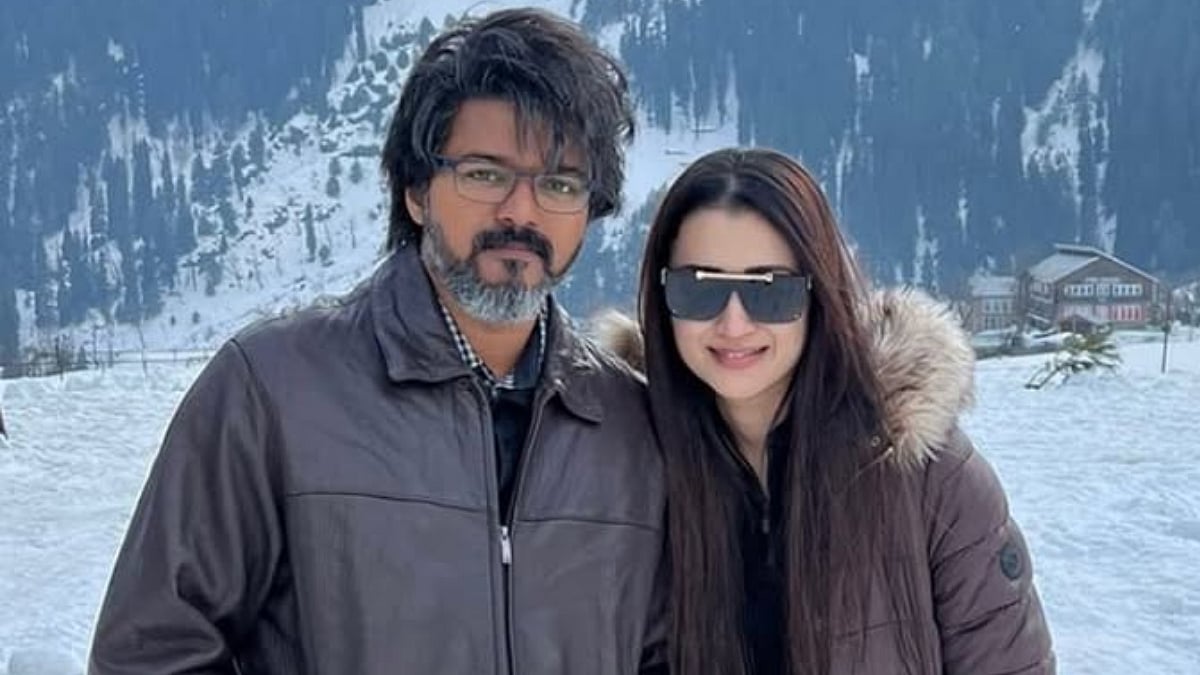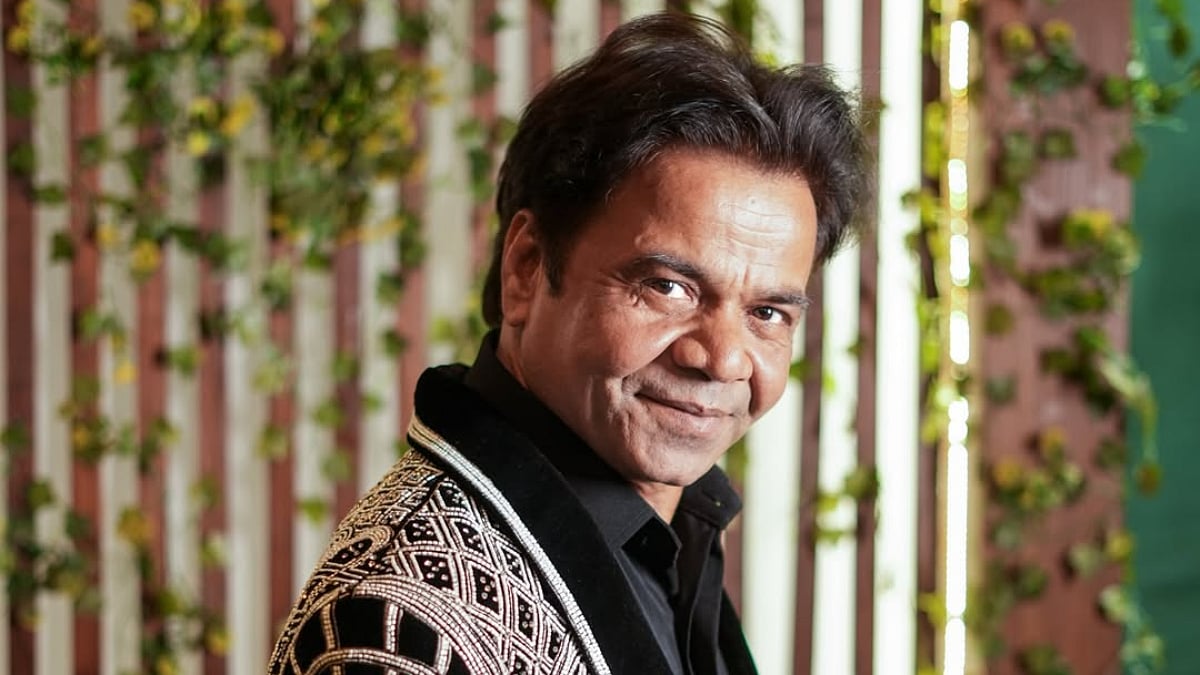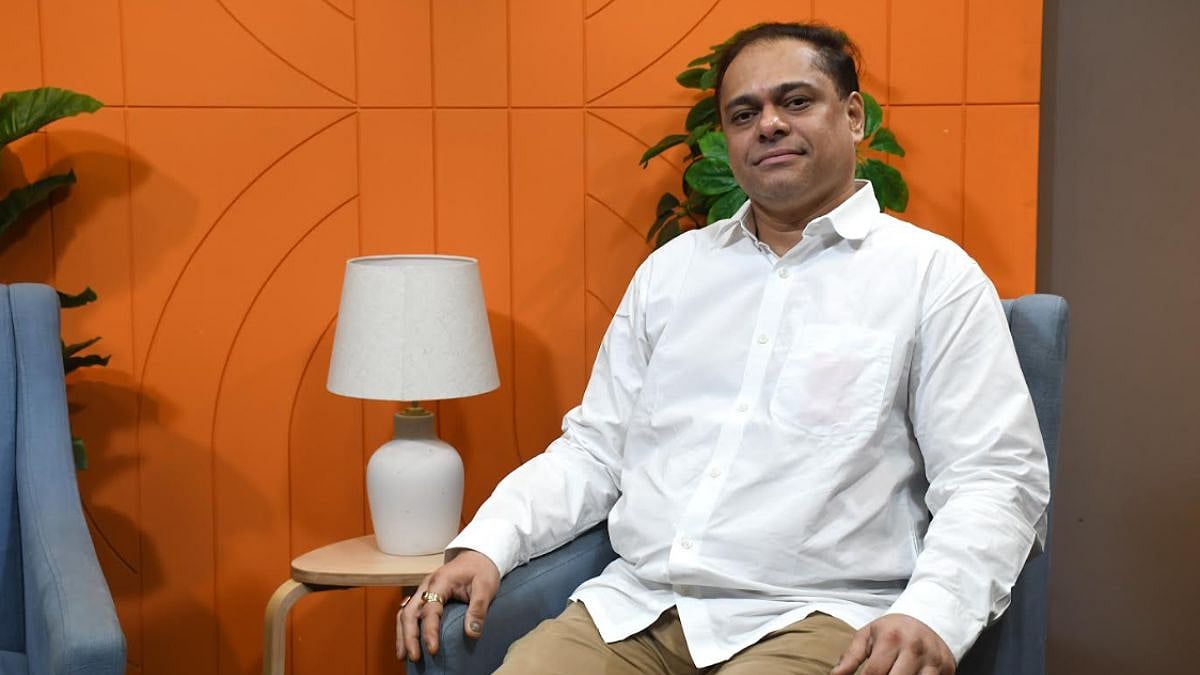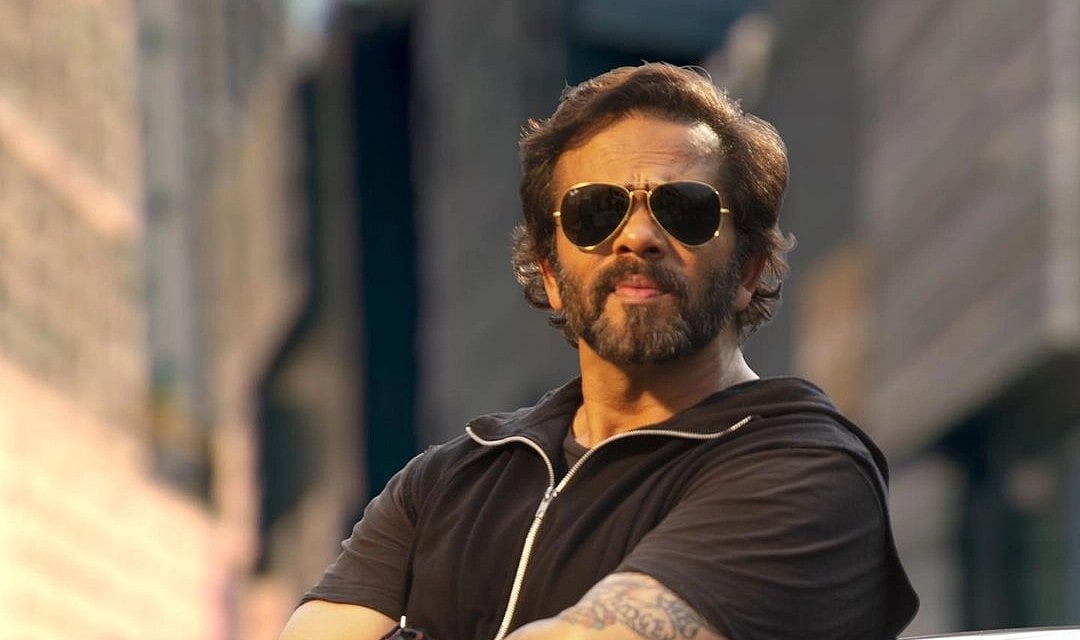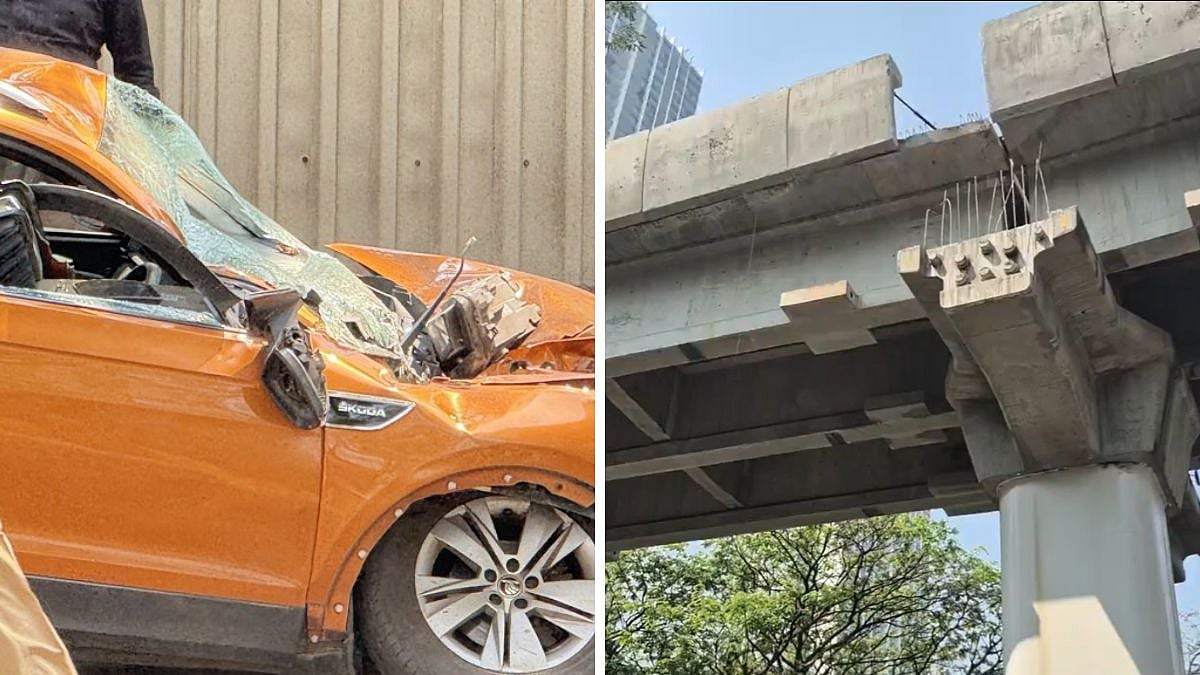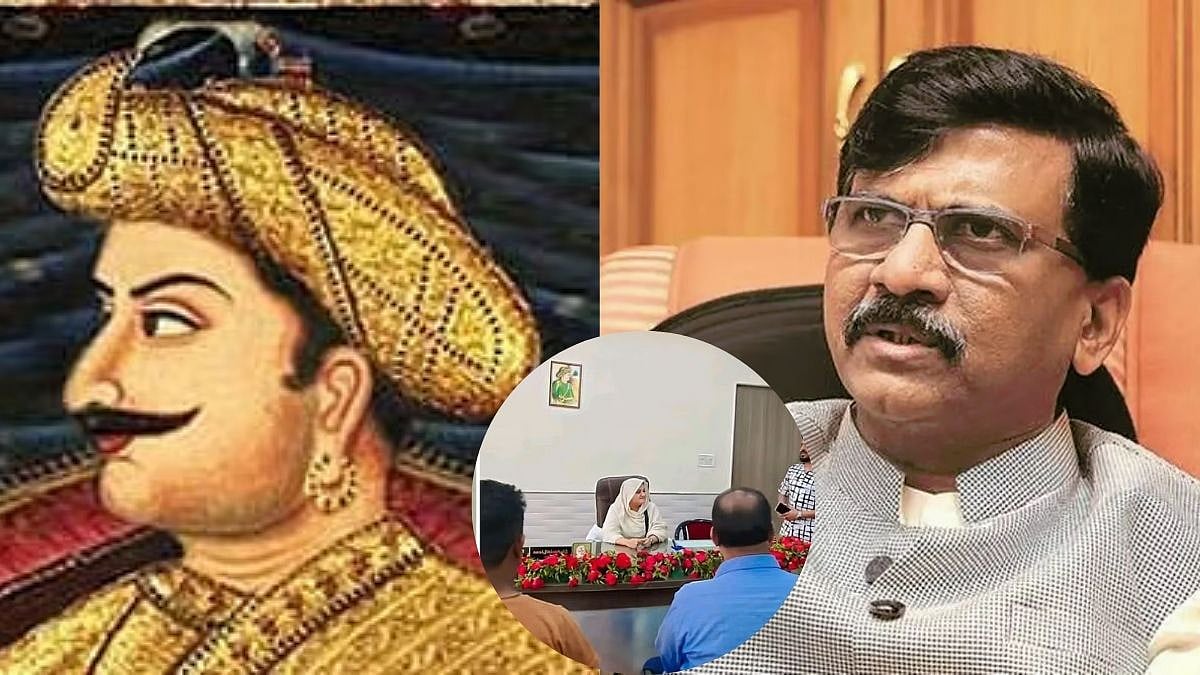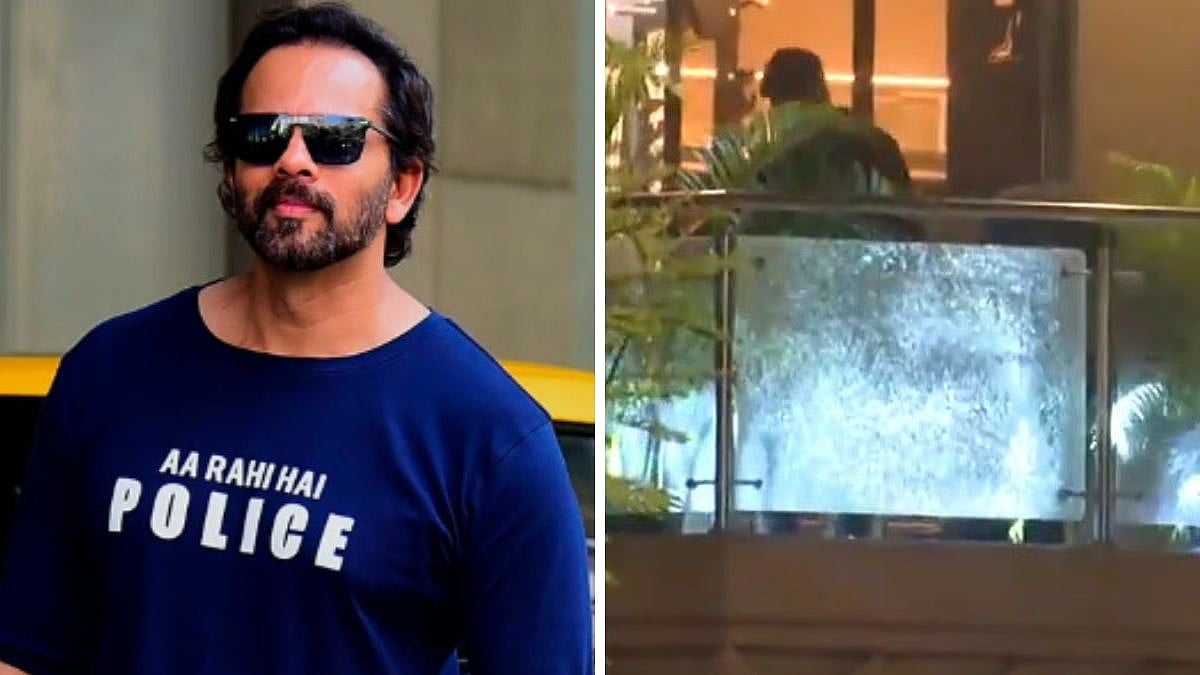Mumbai: Mumbai, hailed as the financial capital of India, is notorious for its crumbling infrastructure. Despite the collection of crores in taxes, the city's roads remain a disgrace. Every monsoon, newly laid roads are washed away, leaving Mumbaikars fuming. Patchwork repairs in the city barely last a few weeks before returning to their dilapidated state. The latest testament to this civic failure occurred on the morning of September 12, when a section of the road at Prabhadevi’s busy junction caved in, right outside the iconic Siddhivinayak Temple.
Around 10 am, a car found itself in peril as it was swallowed by a gaping hole. The vehicle's wheel became lodged in the collapsed road, causing alarm and chaos in an area frequented by thousands of vehicles, including buses, and pilgrims headed to the temple. The incident came at a particularly inconvenient time, with the ongoing Ganpati Visarjan processions drawing heavy foot and vehicle traffic.

Sinkhole Near Prabhadevi’s Siddhivinayak Temple Traps Car, Sparks Traffic Chaos | File Photo
Responding promptly, the traffic police, BMC personnel, and Dadar police arrived to manage the situation. Although there were no reported injuries, the damage to the vehicle and the disruption caused to traffic raised serious questions about the state of Mumbai’s roads. Footage of the incident quickly went viral, capturing the public’s attention, but the municipal corporation, predictably, has remained tight-lipped.
The Mumbai Traffic Police reported slowed movement along Swatantryaveer Savarkar Marg, due to the large pothole. What they failed to acknowledge, however, was that this was no ordinary pothole. The road had caved in entirely, creating a crater measuring three by five feet, trapping a car, and bringing traffic to a standstill near the Siddhivinayak Temple.
It’s worth noting that this collapse didn’t occur in some neglected corner of the city, but in Prabhadevi—a prime location with a significant elite population. The roads in this area had been recently resurfaced, raising further concerns about the quality of the work done. Had it been a motorcyclist instead of a car, the result could have been tragic.

Sinkhole Near Prabhadevi’s Siddhivinayak Temple Traps Car, Sparks Traffic Chaos | File Photo
Civic activist Chetan Kamble, founder of the Chakachak Dadar Organisation, highlighted the rampant water pipeline leakages contributing to road damage. "There’s been a spike in cases of pipeline leaks, including one last week on Senapati Bapat Marg and now today at Veer Savarkar Marg. These leaks remain undetected until they cause significant damage, weakening the road's underlying structure," he said. Kamble also pointed out how monsoon rains exacerbate the issue, washing away the mud beneath roads and creating sinkholes. He called for urgent adoption of Sink Hole Detection technologies like Ground Penetrating Radar (GPR), which could detect underground voids before they turn into hazardous craters.
The G South Ward Assistant Commissioner, Mrudula Ande, confirmed that the sinkhole was the result of a water leakage beneath the road. "We're addressing the leakage issue first, after which our water department will resurface the road and fill the hole. The affected area has been cordoned off for safety," she stated. Ande also assured that the remaining part of the road was safe for commuters, although such claims ring hollow to the public.
Exactly two weeks earlier, a main water pipeline leaked near the One International Centre on Senapati Bapat Marg, Dadar. The repair work is still ongoing, yet another example of the shoddy and sluggish infrastructure maintenance in the city.
Vinayak Awhad, a road engineer from the G South Ward, confirmed that the Prabhadevi road collapse was due to the failure of an aging water pipeline. "The city's pipelines are over 50 years old, and many can no longer withstand the pressure," Awhad explained. In another case of neglect, he pointed out the sewerage line leak at Senapati Bapat Marg, which, due to the ongoing Ganeshotsav, remains unrepaired. "We can't shut down such a crucial junction during the festival. The work will commence after Anant Chaturdashi," he added.
The grim reality is that Mumbai’s infrastructure is teetering on the edge, with residents paying the price. As experts suggest, technologies like GPR, KarstAlert, and differential LiDAR mapping can help identify vulnerable areas and prevent sinkholes, but the civic body’s reluctance to adopt such methods speaks volumes about its lack of accountability.

With Ganpati immersion processions drawing thousands of devotees, the potential for a serious accident looms large. Civic inaction, compounded by ancient pipelines and monsoon rains, continues to turn Mumbai’s roads into dangerous traps.

